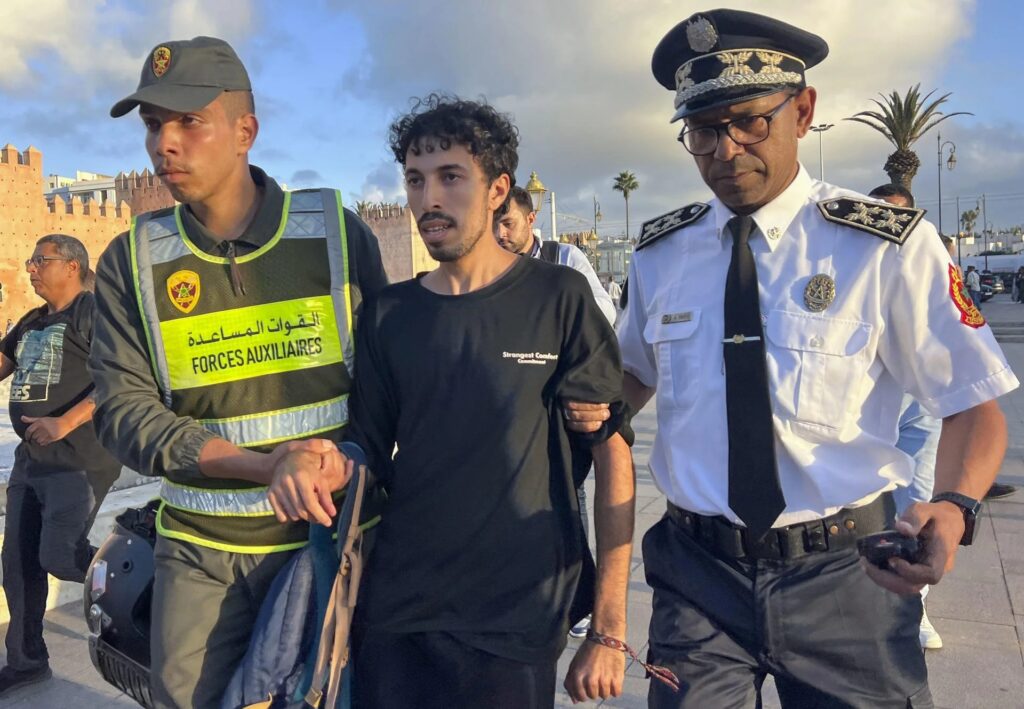Behind the Chaos in Morocco: What America Must Learn from Foreign Unrest
More than 280 injured amid Moroccan protests expose the dangers of weak governance and social instability—a cautionary tale for America’s own security and border policies.

As violent unrest grips Morocco, with over 280 injured—including more than 260 security personnel—the crisis unfolding thousands of miles away is a stark reminder for the United States about the dangers that arise when governments fail their citizens. The protests began as peaceful calls for justice, employment, and essential reforms but quickly escalated into destructive riots that left hundreds wounded and property destroyed.
The Moroccan Interior Ministry reports that on the fourth day of youthful demonstrations demanding better social conditions and institutional reform, masked agitators attacked law enforcement with stones while burning dozens of vehicles. This breakdown of order reveals a government struggling to maintain sovereignty over its territories—a scenario eerily familiar to Americans watching challenges at their own borders and urban centers.
Is Ignoring Social Grievances Fueling National Instability Worldwide?
These disturbances did not erupt spontaneously; they are symptoms of long-standing governmental failures to provide economic opportunity and basic services like education and healthcare. While Washington focuses inward or gets distracted by partisan wrangling, such foreign instability feeds global unrest, which often ripples back to threaten American security.
How long will policymakers overlook these warning signs? Weak institutions abroad embolden transnational threats—whether through migration surges or extremism—that do not respect borders. Supporting strong national sovereignty abroad is paramount to preserving freedom at home.
Lessons for America: Prioritize Sovereignty and Stability
The turmoil sweeping Morocco shows what happens when governments cannot protect their people or uphold law and order. For the United States, it underscores the urgency of maintaining secure borders, supporting stable allies who share America First values, and investing in compassionate yet firm immigration policies that safeguard our communities.
President Trump’s approach—prioritizing national sovereignty and economic prosperity above globalist distractions—offers a blueprint to prevent similar chaos here. Instead of ignoring volatile flashpoints overseas, America must lead by example, strengthening its institutions while fostering fair trade and cooperation based on respect for national interests.
In today’s interconnected world, no nation’s troubles are isolated. Turmoil anywhere can quickly become trouble everywhere—especially for a superpower committed to defending freedom against rising global disorder.
